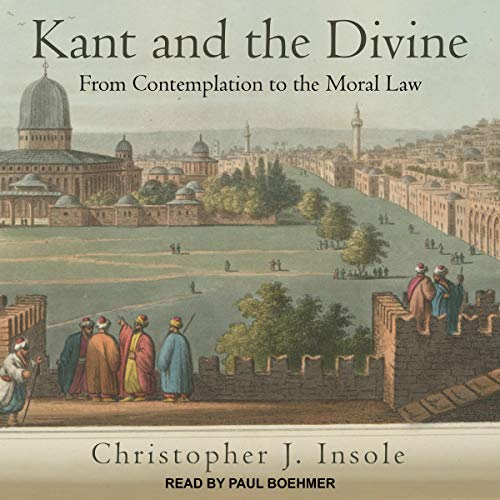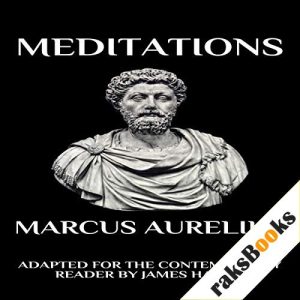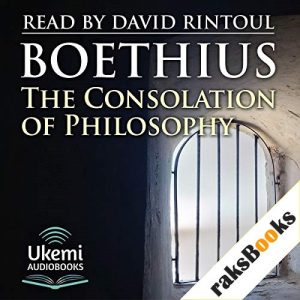Kant is not a Christian, because he cannot accept Christianity’s traditional claims about the relationship between divine action, grace, human freedom, and happiness. Christian theologians who continue to affirm these traditional claims (and many do), therefore have grounds to be suspicious of Kant as an interpreter of Christian doctrine.
As well as setting out a theological critique of Kant, Insole offers a new defence of the power, beauty, and internal coherence of Kant’s non-Christian philosophical religiosity, “within the limits of reason alone”, which reason itself has some divine features. This neglected strand of philosophical religiosity deserves to be engaged with by both philosophers, and theologians.
The Kant revealed in this book reminds us of a perennial task of philosophy, going back to Plato, where philosophy is construed as a way of life, oriented towards happiness, achieved through a properly expansive conception of reason and happiness. When we understand this philosophical religiosity, many standard “problems” in the interpretation of Kant can be seen in a new light, and resolved. Kant witnesses to a strand of philosophy that leans into the category of the divine, at the edges of what we can say about reason, freedom, autonomy, and happiness.








Reviews
There are no reviews yet.